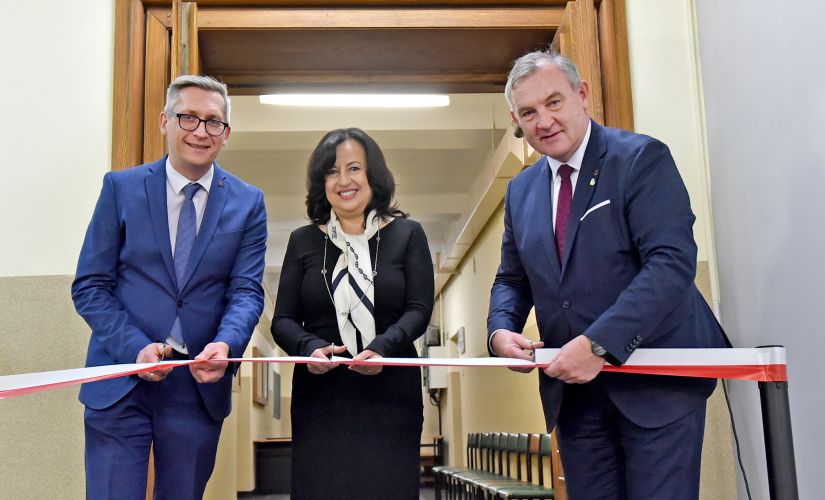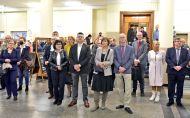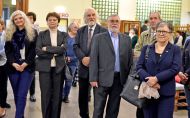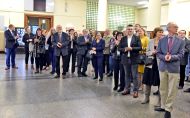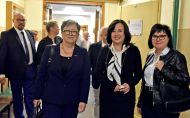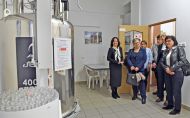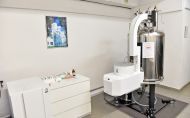The new centre at Lodz University of Technology will carry out interdisciplinary research on the broadly defined borderline between chemical, biological, medical and life sciences. They pertain to the search for compounds useful in modern medical diagnostics, as well as new biologically active molecules, and are part of a set of issues of great importance to human health and safety.
The main thrust of the work will be directed towards research in the field of omics techniques, looking for markers and biomarkers in diseases: circulatory, cancerous or infectious, as well as correlations with their long-range effects, including autoimmune diseases or infections with pathogens, explains Prof. Łukasz Abrecht, Vice-Rector for Science at TUL and Head of the Institute of Organic Chemistry at TUL.
Research focused on biomarker search using modern chemical analytical techniques in omics research will lead to the development of new analytical research strategies, analytical procedures and validation of existing methods.
As part of the Centre, two independent laboratories have been retrofitted to form a complementary research network of the Faculty of Chemistry at TUL: the Nuclear Magnetic Resonance Laboratory, focused on structural and metabolomic studies of biologically active compounds - run by Prof. Łukasz Albrecht, and the Laboratory of Mass Spectrometry and Coupled Techniques, focused on studies of non-volatile and macromolecular biologically active compounds and proteomic studies - run by Prof. Beata Kolesińska.
Thanks to funding from the Regional Operational Programme for the Lodz Voivodeship, modern laboratories have been retrofitted with: an NMR spectrometer and a high-resolution mass spectrometer coupled to a liquid chromatograph. This equipment is a valuable addition to the existing research equipment. The existing dispersed Laboratory of Gas Chromatography and Coupled Techniques was incorporated into the Centre.
Wide-ranging scientific cooperation, both inter-university and international, carried out by the employees of the established Centre will make it possible to provide services of the highest quality to entrepreneurs, contributing to the establishment of strong links between science and industry throughout the region,' Professor Albrecht justifies the creation of the new unit.
The opening of the new Centre was accompanied by scientific lectures by invited guests: Prof. Lucyna Woźniak from the Medical University of Lodz, Prof. Piotr Młynarz from Wroclaw University of Technology and Prof. Piotr Sudera from the AGH University of Science and Technology, which took place in the Alchemium hall named after Prof. Tadeusz Paryjczak.

